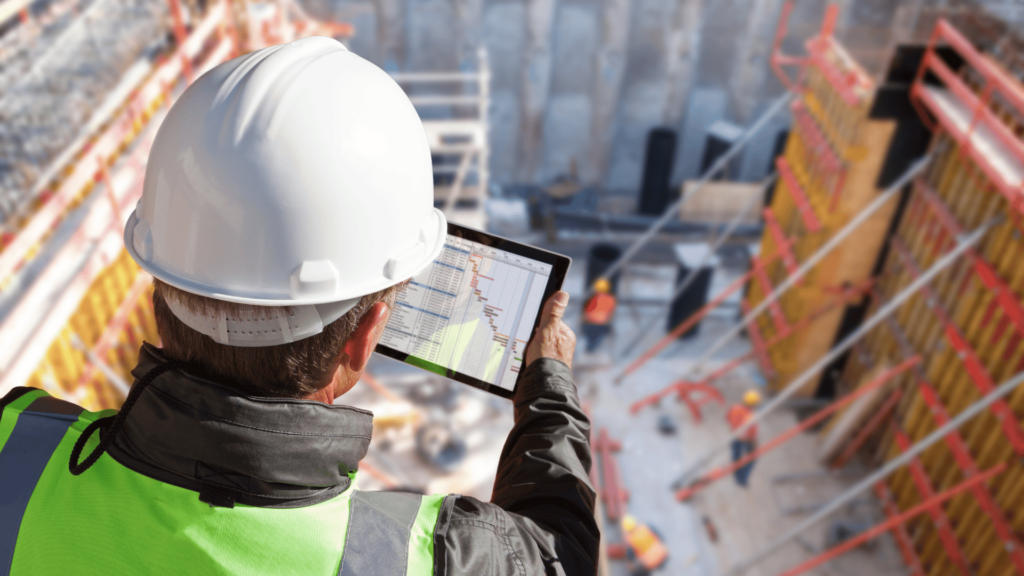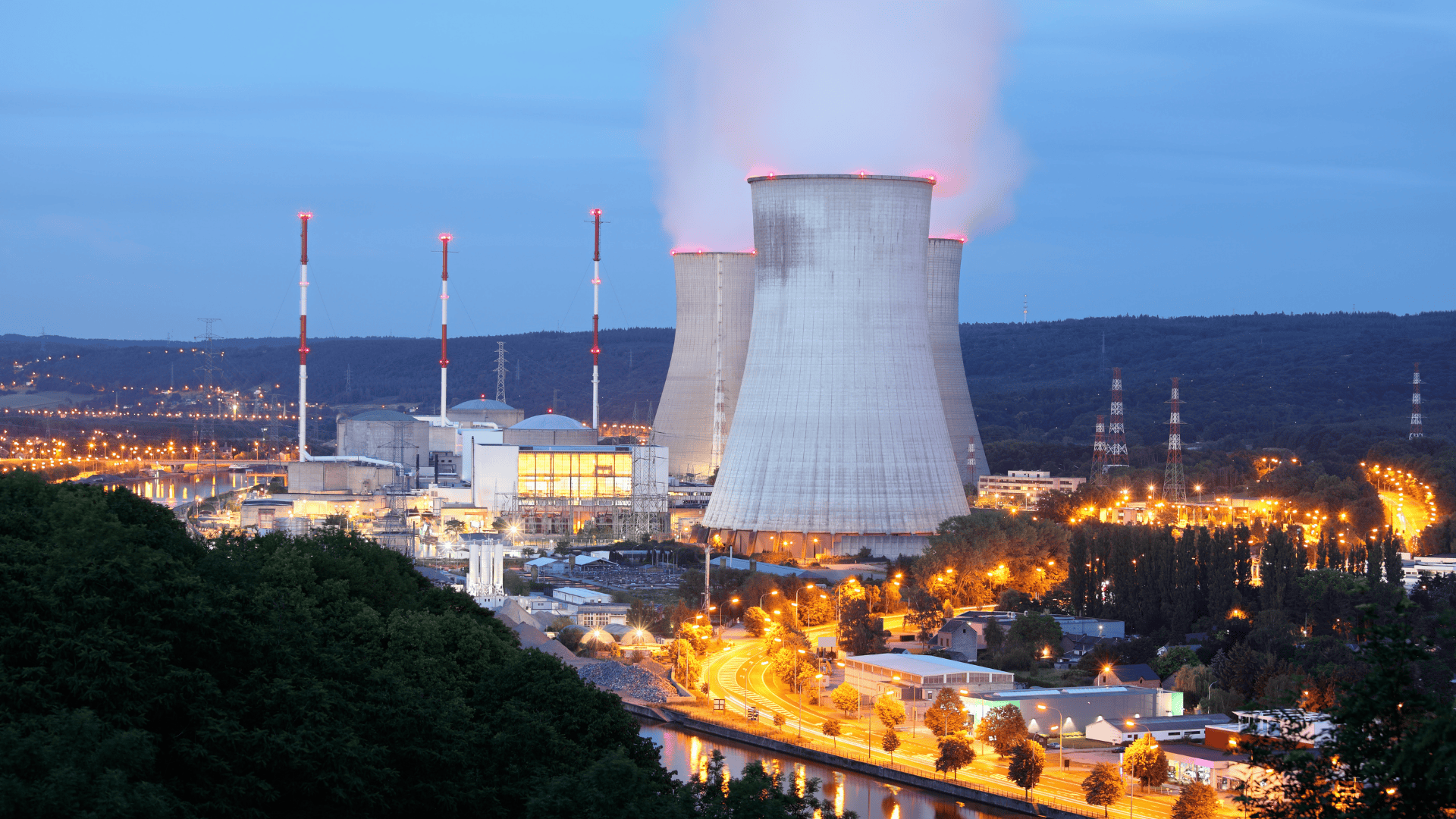Commercial construction management is a specialized field within construction, focused on overseeing and coordinating large-scale building projects that serve commercial purposes, such as office buildings, shopping centers, hotels, and industrial facilities. The role of a construction manager in this field is multifaceted, requiring expertise in planning, budgeting, communication, and problem-solving to ensure projects are completed on time, within budget, and to the required specifications.
Key Aspects of Commercial Construction Management

Project Planning and Development In commercial construction management, the initial phase is crucial for setting the project on a successful course. During this stage, construction managers work with stakeholders—including clients, architects, and engineers—to develop a comprehensive project plan. This involves:
- Defining project scope and objectives.
- Conducting feasibility studies and risk assessments.
- Creating a detailed schedule and resource plan.
An effective project plan helps prevent costly delays and ensures that all parties are aligned before ground is even broken.
Budgeting and Cost Control Managing the budget is one of the most essential tasks in commercial construction management. A construction manager must balance costs with quality, ensuring resources are allocated wisely. Budget control involves:
- Estimating costs for materials, labor, equipment, and permits.
- Monitoring expenses throughout the project to avoid budget overruns.
- Implementing value engineering to find cost-effective alternatives.
Through careful budgeting, construction managers help maintain financial stability, which is particularly important for large-scale commercial projects that often involve millions of dollars in investment.
Coordination and Communication Successful commercial construction management relies heavily on seamless communication among diverse teams and stakeholders. The construction manager serves as the primary point of contact, coordinating efforts between architects, engineers, subcontractors, and suppliers. This role includes:
- Regular updates to clients and stakeholders on progress.
- Resolving conflicts between parties to keep the project on track.
- Ensuring compliance with local regulations and building codes.
Clear and open communication is vital to overcoming challenges that can arise during construction, such as unexpected site conditions or supply chain disruptions.
Quality and Safety Management Maintaining high standards of quality and safety is essential in commercial construction. Construction managers are responsible for ensuring that work meets quality expectations and adheres to industry safety protocols. This involves:
- Conducting regular site inspections to monitor workmanship.
- Implementing safety plans to protect workers and reduce the risk of accidents.
- Addressing quality issues promptly to prevent long-term consequences.
Adhering to quality and safety standards not only protects workers but also upholds the reputation of the construction company and ensures the longevity of the completed project.
Project Completion and Handover The final phase of commercial construction management is the completion and handover of the project. This includes a series of inspections, approvals, and final adjustments, often referred to as the “punch list” process. During this stage, construction managers:
- Conduct walkthroughs with the client to address outstanding items.
- Ensure that all systems (e.g., HVAC, electrical, plumbing) are functioning correctly.
- Provide documentation, such as warranties and maintenance instructions.
A smooth handover marks the successful conclusion of a construction manager’s duties, as they deliver a fully functional, ready-to-use commercial space.
Why is Commercial Construction Management Important?
Effective commercial construction management is essential for the successful execution of complex construction projects. By overseeing every stage of the project, construction managers help ensure that:
- The project adheres to quality, budget, and timeline requirements.
- Risks are managed and minimized effectively.
- The final structure meets the client’s needs and regulatory standards.
Commercial construction management brings together strategic planning, financial oversight, and robust communication skills to transform a construction blueprint into a functional and profitable reality. For businesses investing in commercial real estate, having an experienced construction manager can make the difference between a smooth, cost-effective build and one fraught with delays and budget overruns.
Latest Insights
Stay informed on the latest trends and insights in the areas of Commercial Construction and Net-Zero Energy.



